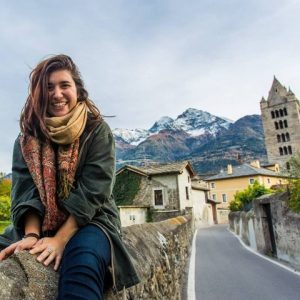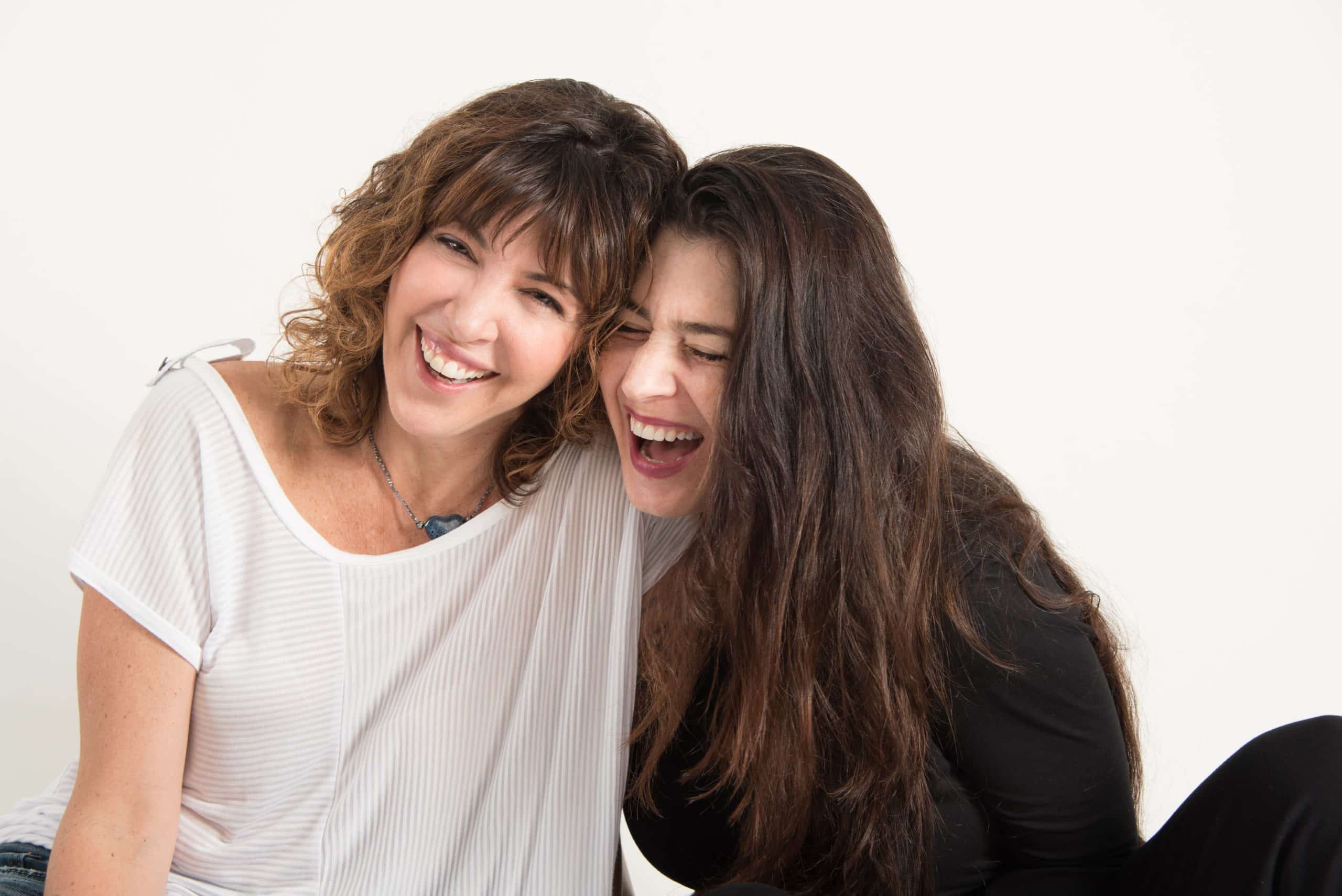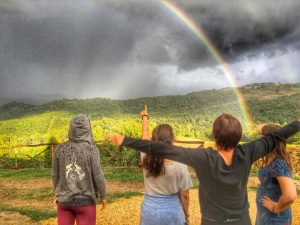By Raisa Imogen
Last year, I was in Paris during the terrorist attacks, and I don’t know how to tell that story. Similarly, I don’t know how to tell the story about Trump’s recent election. But there seems to be a strange and shivering thread between the two events. Both violent, painful, chaotic. Yet Paris was somewhat contained. This election is not, the common mantra being: “we just don’t know what’s going to happen.”
We tell stories to make meaning of trauma, to contain pain so we can better examine it and give it value. But sometimes we are in such distress that the container cracks. We can no longer write or speak in the same way, we can no longer contain the pain or carry it comfortably.
Paris: the cherry glow of sirens, the bitter cold, windows slamming shut, a vacant Eiffel tower. Alternatively: my friend who calmly held my hand, the family member who made a quiche, a café filled with people drinking champagne the next day.
Either it becomes a story of horror and fear, which you’ve already heard, or a story of healing and bravery, which feels mawkish and insincere.
I think we dislike narratives which exist in gray, uncertain space. We want them to have logic, to land on one side of a binary — tragedy or comedy, conflict resolved or broken open, a character whose biggest desire is fulfilled or wrenched from them completely. Climax, falling action, resolution.
But trauma, especially when it first occurs, isn’t a neat and tidy narrative. Sometimes there is no narrative at all.
The New Yorker recently featured a piece where sixteen writers weighed in on the election. As my friend Marie Scarles observed, “There are so many different versions of why Trump won, and so many ways for us to imagine the future. Should we pay more attention to poor whites? To Muslims? To women? To LGBTQ? To racists? To immigrants? All seem urgent, but none can be held as the be-all-end-all.”
We are searching for a straightforward answer, an immediate ending so this can be over and done with.
After the election, hunched over my carrel in the library and unable to write, I got a text message from my father: “Trauma turns us into animals, which means story-telling turns off. We revert to fight, flight or shock.” But sometimes, maybe our storytelling tendencies shutting down is a good thing. Maybe it allows us to survive. Narratives can be healing, but they can also be dangerous.
By attending to many different perspectives, perhaps a new story will eventually arise, something both nuanced and messy, something which contains many strands. Perhaps it will be a story of hope, but a particular kind of hope, which Rebecca Solnit describes as, ”an ax you break down doors with in an emergency… [it] should shove you out the door.”
For now, we are living in uncertainty. The story is that there is no story, at least no singular one. Which means there is no singular conflict, no one resolution. I wish I had a coherent story to tell about Paris, but I don’t. For me, the container is still broken open, as it is now for America post-election. This means we must listen to each other, and listen carefully.

Raisa Imogen was born in Portland, Oregon, grew up in Chicago, and is currently studying at the University of Bologna in Italy. Her poetry can be found at www.raisaimogen.net and at The Kenyon Review.



Perfectly written.